 Benefits
Benefits
Universal Credit
 Universal Credit is a payment to help with your living costs. It’s paid monthly - or twice a month for some people in Scotland.
You may be able to get Universal Credit if you’re on a low income or need help with your living costs. You could be:
Universal Credit is a payment to help with your living costs. It’s paid monthly - or twice a month for some people in Scotland.
You may be able to get Universal Credit if you’re on a low income or need help with your living costs. You could be:
- out of work
- working (including self-employed or part time)
- unable to work, for example because of a health condition
To claim you must:
- live in the UK
- be aged 18 or over (there are some exceptions if you’re 16 to 17)
- be under State Pension age
- have £16,000 or less in money, savings and investments
If you live with a partner, then you will both need to claim for Universal Credit. You must make a joint claim for your household, even if your partner is not eligible. How much you can get will depend on your partner’s income and savings, as well as your own.
Universal Credit payment is made up of a standard allowance and any extra amounts that apply to you, for example if you:
- have children
- have a disability or health condition which prevents you from working
- are a carer for a disabled person
- need help paying your rent
If you’re employed, how much Universal Credit you get will depend on your earnings. Your Universal Credit payment will reduce gradually as you earn more - for every £1 you earn your payment reduces by 55p. However you may also be eligible for the Work Allowance (also known as the Earnings Disregard) which means that the first part of any wages are not taken into account. There’s no limit to how many hours you can work.
You can apply for Universal Credit online at Universal Credit:
How to claim - GOV.UK ( : www.gov.uk)
: www.gov.uk)
You need to create an account. You use it to make a claim. You must complete your claim within 28 days of creating your account or you will have to start again.
If you live with your partner, you will both need to create accounts. You’ll link them together when you claim. You cannot claim by yourself.
If you cannot claim online, you can claim by phone through the Universal Credit helpline.
- Phone:
 : 0800 328 5644
: 0800 328 5644
- Welsh language:
 : 0800 328 1744
: 0800 328 1744
- Relay UK (if you cannot hear or speak on the phone):
 18001 then 0800 328 5644
18001 then 0800 328 5644
- British Sign Language (BSL) video relay service if you’re on a computer - DWP prefer Starleaf find informayion at
 : www.youtube.com/watch?v=vZJc6OKmAUA
: www.youtube.com/watch?v=vZJc6OKmAUA
- Textphone:
 : 0800 328 1344
: 0800 328 1344
- Monday to Friday, 08:00 hrs to 18:00 hrs
Employment and Support Allowance (ESA)
Contribution based ESAEmployment and Support Allowance is an allowance for people claiming benefit on the grounds of incapacity and is payable if you have paid or been credited with enough class 1 or class 2 National Insurance contributions in the relevant tax year. ESAEmployment and Support Allowance does not include money for children or qualifying young persons. You would have to claim Universal Credit.
A claim to ESAEmployment and Support Allowance will involve a Work Capability Assessment. There can be 2 parts to this assessment. Initially, you will complete and return form ESA50. This form asks for details of medical professional support you have, medications you are prescribed and how your health affects you on a daily basis. This may be followed by a face to face medical assessment. If you don’t fill in and return the form or take part in the medical assessment, your benefit could be stopped. Everyone must go through the Work Capability Assessment although not everyone will be medically examined.
The Work Capability Assessment will determine whether you have Limited Capability for Work and determine whether you should be placed in the Work Related Activity Group or the Support Group. If placed in the Work Related Activity Group you will be required to take part in work focussed interviews and undertake Work Related Activity. This interview will initially take place in your local jobcentre and will involve a discussion on ways to return to work. This could include volunteering, Permitted Work, C.V. Preparation and Interview Techniques, information on local support or a referral to the Work Programme. If placed in the Support Group you are not required to take part in interviews or undertake Work Related Activity. However, you can voluntarily access support to return to work.
ESAEmployment and Support Allowance is paid at an assessment rate for the first 13 weeks or until after the initial Work Capability Assessment. You will then be moved on to the Main Phase and an additional component may be paid. People who receive the Support Component are not required to have Work-focussed Interviews or undertake Work Related Activity but can volunteer. Special rules apply to terminally ill people (Have a progressive disease and are not expected to live for more than another 6 months.). ESAEmployment and Support Allowance customers will automatically be placed in the Support Group. Terminally ill customers should apply for PIP as soon as possible.
To claim ESA, you can apply online Employment and Support Allowance (ESA):
How to claim - GOV.UK ( : www.gov.uk)
: www.gov.uk)
or you can phone  : 0800 055 6688. If you are unable to use the telephone or need additional help to make a claim, contact the Jobcentre to make an appointment. If you have speech or hearing difficulties you can contact us by using textphone
: 0800 055 6688. If you are unable to use the telephone or need additional help to make a claim, contact the Jobcentre to make an appointment. If you have speech or hearing difficulties you can contact us by using textphone  : 0800 023 48 88.
: 0800 023 48 88.
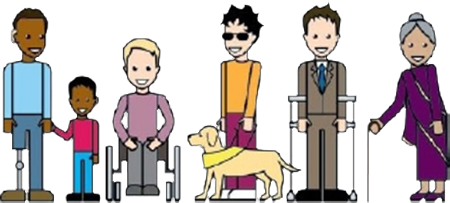
Adult Disability Payment (ADP)
PIPPersonal Independence Payment / ADPAdult Disability Payment is a benefit to help disabled people live full, active and independent lives. PIPPersonal Independence Payment/ ADPAdult Disability Payment is based on how their health condition or disability affects them individually.
ADPAdult Disability Payment has replaced DLA and PIP in Scotland for working age adults. Child Disability Payment is the new payment for under 16 year olds. A claim to Adult Disability Payment should be made before 16th Birthday.)
ADPAdult Disability Payment is a non-means tested and non-taxable cash benefit which people can spend in a way that best suits them. You can get PIP whether you work or not, therefore it can also help people move into and stay in work.
Claims to ADPAdult Disability Payment are started over the phone to gather basic information. You can ask someone to help with the call but you must be present during the call to help answer security questions. A form will then be sent out for more information about how your health condition or disability affects you.
The claim process includes an assessment by a health professional. Most people will have a face to face consultation.
Reviews of an award will be done at appropriate intervals depending on how likely it is for your condition or impairment to change.
There are 2 components to ADPAdult Disability Payment – Daily Living and Mobility needs. Each component can be paid at a standard or enhanced rate.
At April 2023 the weekly rates are:
Daily Living
Standard £72.65
Enhanced £108.55
Mobility
Standard £28.70
Enhanced £78.75
More information on Adult Disability Payment visit www.mygov.scot/adult-disability-payment
Phone number to make a brand-new claim is  : 0800 182 2222
: 0800 182 2222
If you live in Scotland and already receive DLA or PIP, Social Security Scotland will move you to Adult Disability Payment. It’ll take over your allowance from the DWP when that happens.
Attendance Allowance
 The easiest way to think about this is as Personal Independence Payment for pensioners.
The easiest way to think about this is as Personal Independence Payment for pensioners.
You can get Attendance Allowance if you’ve reached State Pension age and the following apply:
- you have a physical disability (including sensory disability, for example blindness), a mental disability (including learning difficulties), or both
- your disability is severe enough for you to need help caring for yourself or someone to supervise you, for your own or someone else’s safety
- you have needed that help for at least 6 months (unless you might have 6 months or less to live)
You must also:
- be in Great Britain when you claim - there are some exceptions, such as members and family members of the armed forces
- have been in Great Britain for at least 2 of the last 3 years(this does not apply if you’re a refugee or have humanitarian protection status)
- be habitually resident in the UK, Ireland, Isle of Man or the Channel Islands
- not be subject to immigration control (unless you’re a sponsored immigrant)
Attendance Allowance is paid weekly at 2 different rates - the one you get depends on the level of help you need.
Attendance Allowance is not means-tested - what you earn or how much you have in savings will not affect what you get.
Rate Level of help you need
Lower rate - £72.65 Frequent help or constant supervision during the day, or supervision at night
Higher rate - £108.55 Help or supervision throughout both day and night, or a medical professional has said you might have 6 months or less to live
You could get extra Pension Credit, Housing Benefit or Council Tax Reduction if you get Attendance Allowance - check with the helpline or office dealing with your benefit.
Use the Attendance Allowance claim form to apply by post. The form comes with notes telling you how to fill it in.
Send the completed form to:
Freepost DWP Attendance Allowance
You do not need a postcode or a stamp.
Call the Attendance Allowance helpline to ask for:
a copy of the form
alternative formats, such as braille, large print or audio CD
Attendance Allowance helpline
phone:  : 0800 731 0122
: 0800 731 0122
Textphone:  : 0800 731 0317
: 0800 731 0317
Relay UK (if you cannot hear or speak on the phone):  18001 then 0800 731 0122
18001 then 0800 731 0122
British Sign Language (BSL) video relay service if you’re on a computer DWP prefer Starleaf find informayion at  : www.youtube.com/watch?v=vZJc6OKmAUA
: www.youtube.com/watch?v=vZJc6OKmAUA
Monday to Friday, 08:00 hrs to 18:00 hrs
Back to top 
 : Eric.Johnstone@MCA.scot
: Eric.Johnstone@MCA.scot  : 0131-663-9471.
: 0131-663-9471.  The Directory is available as an Electronic Version, the size on this version is suitable for Smart phones and tablets Mobile Directory 2025, size (3,995kb) The Print version Print Directory 2025, size (10,457kb) Both open in a new window.
The Directory is available as an Electronic Version, the size on this version is suitable for Smart phones and tablets Mobile Directory 2025, size (3,995kb) The Print version Print Directory 2025, size (10,457kb) Both open in a new window. . If you require pages to be read aloud Forward Mid are pleased to direct Natural readers, Iain the website developer has personally checked the PDF document using
. If you require pages to be read aloud Forward Mid are pleased to direct Natural readers, Iain the website developer has personally checked the PDF document using  : www.naturalreaders.com. To use Natural readers, open the PDF file, Open natural Soft screen reader, select floating toolbar, select PDF document and press control and A together and select play on Natural Soft, it can also be added to the Google Chrome Browser. Listen
: www.naturalreaders.com. To use Natural readers, open the PDF file, Open natural Soft screen reader, select floating toolbar, select PDF document and press control and A together and select play on Natural Soft, it can also be added to the Google Chrome Browser. Listen . Download (then choose where to save it). Print (must be connected to printer), This PDF is designed with Bookmarks (For jumping to individual sections).
. Download (then choose where to save it). Print (must be connected to printer), This PDF is designed with Bookmarks (For jumping to individual sections).
 Motability
Motability  The Motability Scheme enables anyone in receipt of a higher rate mobility allowance (such as the Enhanced Rate of the Mobility Component of PIP/ADP or the Higher Rate Mobility Component of Disability Living Allowance) to use their mobility allowance to lease a car, scooter, powered wheelchair or Wheelchair Accessible Vehicle. The Scheme provides flexible and hassle-free access to a brand-new, reliable vehicle of your choice – giving you greater freedom, every day.
The Motability Scheme enables anyone in receipt of a higher rate mobility allowance (such as the Enhanced Rate of the Mobility Component of PIP/ADP or the Higher Rate Mobility Component of Disability Living Allowance) to use their mobility allowance to lease a car, scooter, powered wheelchair or Wheelchair Accessible Vehicle. The Scheme provides flexible and hassle-free access to a brand-new, reliable vehicle of your choice – giving you greater freedom, every day. :
:  : 0300 456 4566.
: 0300 456 4566. more information or to find a specific telephone number please visit
more information or to find a specific telephone number please visit 
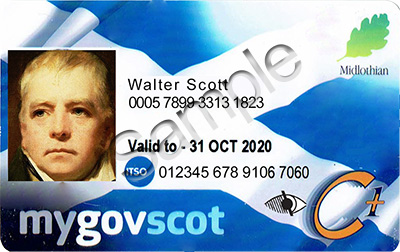 The national entitlement card gives those aged 60+ and disabled people free bus travel throughout Scotland.Application for the
The national entitlement card gives those aged 60+ and disabled people free bus travel throughout Scotland.Application for the  Your bus pass is printed in Hull, England and sent direct to your home address.
Your bus pass is printed in Hull, England and sent direct to your home address.  A “+1” symbol tells the driver that you are entitled to have a companion travel free with you on your bus journey.
A “+1” symbol tells the driver that you are entitled to have a companion travel free with you on your bus journey.  The “eye symbol” indicates that the holder is blind or partially sighted and is entitled to the free train travel concessions of the Scottish Blind Scheme in addition to free bus travel.
The “eye symbol” indicates that the holder is blind or partially sighted and is entitled to the free train travel concessions of the Scottish Blind Scheme in addition to free bus travel. All Public Hire vehicles must be accessible, under Civic Government (Scotland) Act 1982. The Scottish Government have delegated local councils to deem what is accessible. Private Hire Cars are exempt. The difference between a Taxi and Private Hire cars, Taxi can be hailed in the street, Private hire cars must be phoned in advance. All Taxis and Private Hire will have a plate mounted on the vehicle with a number on it, a Taxi plate is red and white and Private hire smaller and yellow, red and white.
All Public Hire vehicles must be accessible, under Civic Government (Scotland) Act 1982. The Scottish Government have delegated local councils to deem what is accessible. Private Hire Cars are exempt. The difference between a Taxi and Private Hire cars, Taxi can be hailed in the street, Private hire cars must be phoned in advance. All Taxis and Private Hire will have a plate mounted on the vehicle with a number on it, a Taxi plate is red and white and Private hire smaller and yellow, red and white.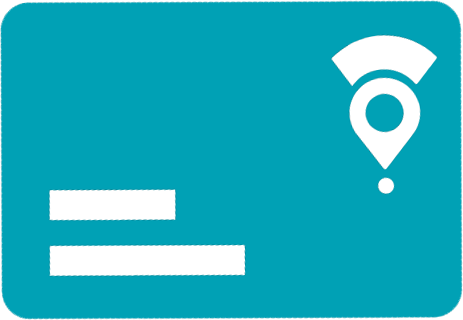 We all welcome a little extra assistance now and again, particularly when travelling alone. Thistle Assistance is an initiative to help you feel safer and more comfortable when using public transport.
We all welcome a little extra assistance now and again, particularly when travelling alone. Thistle Assistance is an initiative to help you feel safer and more comfortable when using public transport. Midlothian is served by ScotRail and has 4 rail stations that are all unstaffed. On-board staff should have been notified if you have booked assistance. If you get to a station but haven’t booked assistance, you can use the Help-Point phone on the platform so the on-board staff can be alerted to your presence. There are ticket-machines on the platform at all the stations – if you are at Shawfair and the machine is on the opposite platform, don’t worry – the conductor is unlikely to charge you more for not getting a ticket in advance.
Midlothian is served by ScotRail and has 4 rail stations that are all unstaffed. On-board staff should have been notified if you have booked assistance. If you get to a station but haven’t booked assistance, you can use the Help-Point phone on the platform so the on-board staff can be alerted to your presence. There are ticket-machines on the platform at all the stations – if you are at Shawfair and the machine is on the opposite platform, don’t worry – the conductor is unlikely to charge you more for not getting a ticket in advance. 18001 0800 912 2901 if you are hard of hearing,
18001 0800 912 2901 if you are hard of hearing,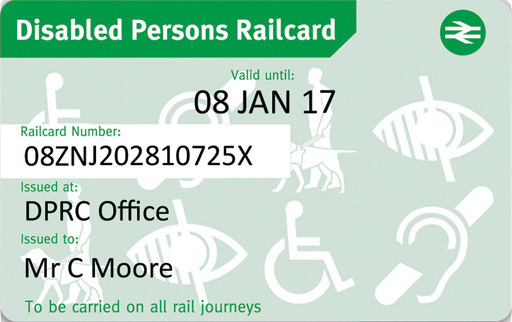 If you have a disability that makes travelling by train difficult you might qualify for the Disabled Persons Railcard. The Disabled Persons Railcard allows you to get ⅓ off most rail fares throughout Great Britain. If you’re travelling with an adult companion, they also can get ⅓ off their rail fare. It costs £20 for a one-year Railcard. £54 for a three-year Railcard.
If you have a disability that makes travelling by train difficult you might qualify for the Disabled Persons Railcard. The Disabled Persons Railcard allows you to get ⅓ off most rail fares throughout Great Britain. If you’re travelling with an adult companion, they also can get ⅓ off their rail fare. It costs £20 for a one-year Railcard. £54 for a three-year Railcard. 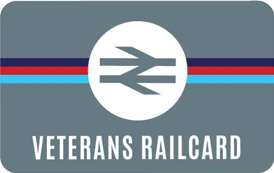 Scottish veterans can now benefit from a new rail card which not only allows a 34% discount on travel but also sees an introductory discount scheme.
Scottish veterans can now benefit from a new rail card which not only allows a 34% discount on travel but also sees an introductory discount scheme.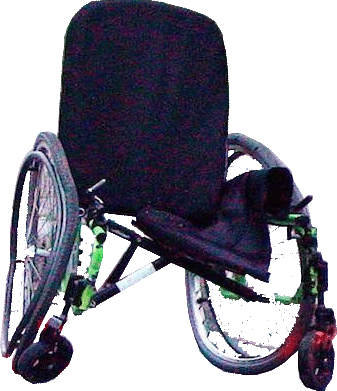 This means, for example, making sure that it is correctly maintained, that the tyres are properly inflated, that you have not overloaded the back of the chair with bags (this can cause the chair to tip over backwards on a ramp). If you have a powered chair, you must ensure that the battery is secure. If your chair has adjustable kerb climbers, you should check that they are set so that they do not catch on the ramp.
This means, for example, making sure that it is correctly maintained, that the tyres are properly inflated, that you have not overloaded the back of the chair with bags (this can cause the chair to tip over backwards on a ramp). If you have a powered chair, you must ensure that the battery is secure. If your chair has adjustable kerb climbers, you should check that they are set so that they do not catch on the ramp.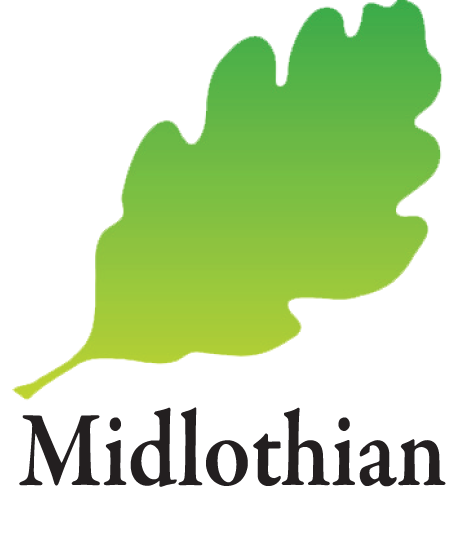 Midlothian Council Councillors
Midlothian Council Councillors




 1a Campview,
1a Campview,  Benefits
Benefits Universal Credit is a payment to help with your living costs. It’s paid monthly - or twice a month for some people in Scotland.
You may be able to get Universal Credit if you’re on a low income or need help with your living costs. You could be:
Universal Credit is a payment to help with your living costs. It’s paid monthly - or twice a month for some people in Scotland.
You may be able to get Universal Credit if you’re on a low income or need help with your living costs. You could be:
 The easiest way to think about this is as Personal Independence Payment for pensioners.
The easiest way to think about this is as Personal Independence Payment for pensioners.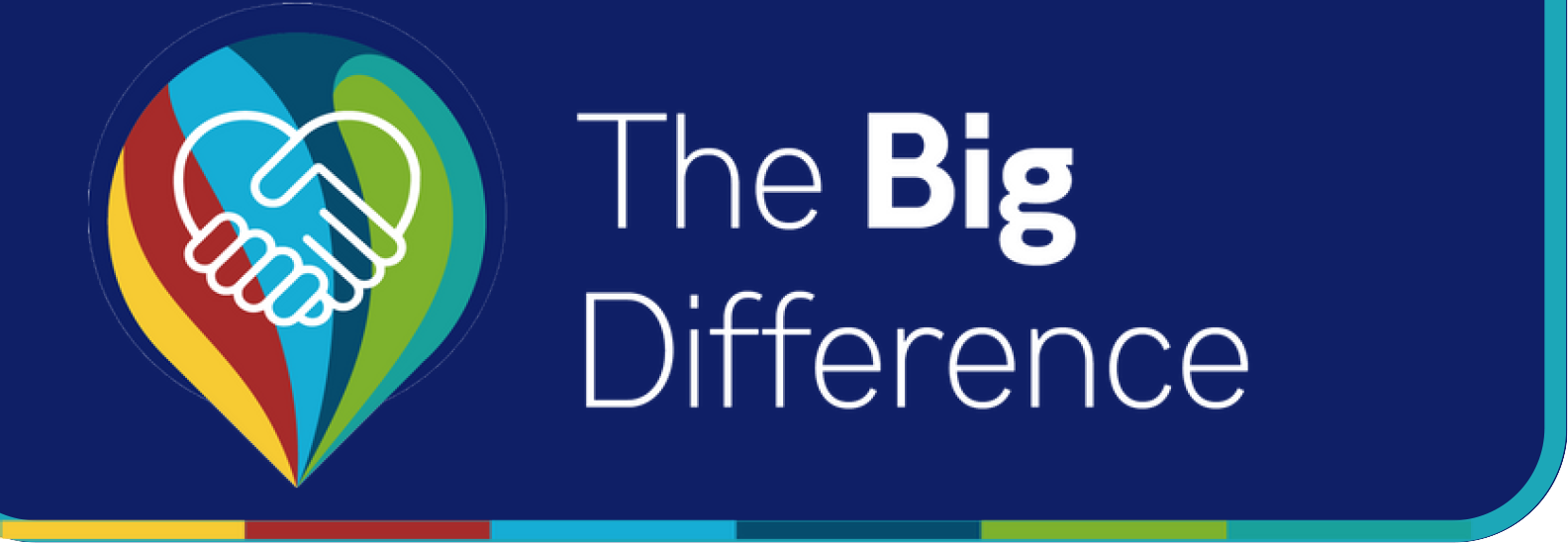
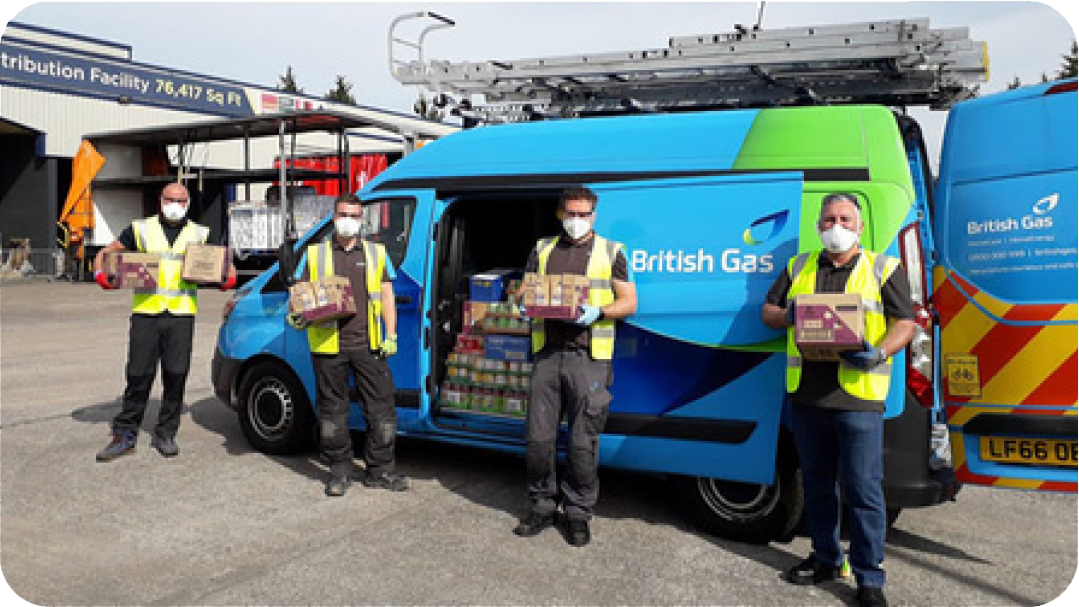
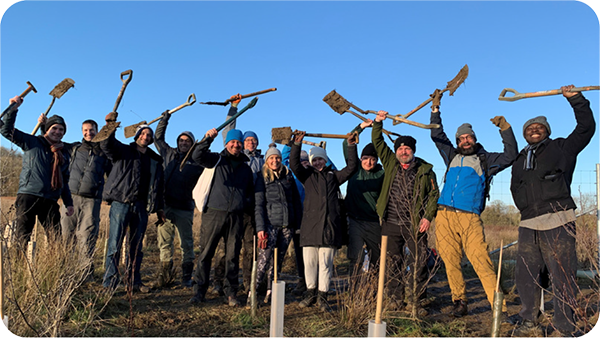

 :
: 






 38 Home Street,
38 Home Street,
 Market Street,
Market Street,  A Moblie cinema operated by Regal Mobile Cinema can be found in venues across Midlothian such as National Mining Museum Scotland and The Lasswade Centre.
A Moblie cinema operated by Regal Mobile Cinema can be found in venues across Midlothian such as National Mining Museum Scotland and The Lasswade Centre.